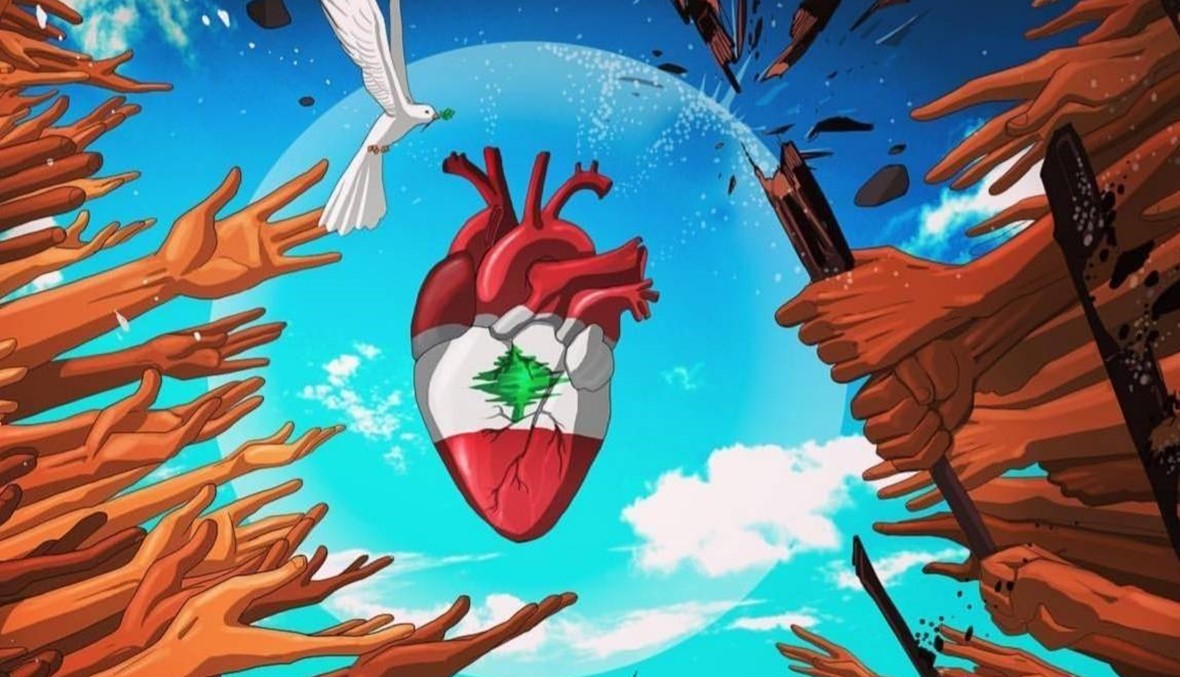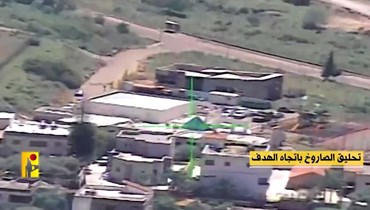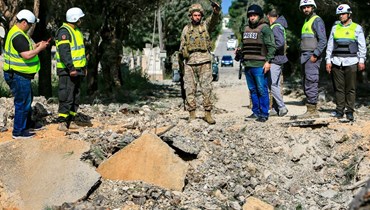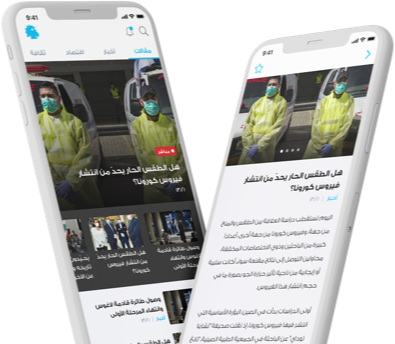Lebanese demonstrators create art for a better future
BEIRUT: Recent years have seen a massive surge in unprecedented protests across the world, be it for political, social, economic or ecological reasons. Related protest art has become a powerful and international tool to support anti-government protests and to advocate for a vast array of human rights.
Amid widespread demonstrations across Lebanon, artists, activists, and social movements are expressing their opposition to the government and responding to the deteriorating political and economic issues through a wide range of artistic contributions.
Protest art – whether as visual artworks, posters, photographs, street art, music or street performances – has a strong presence online and in the demonstrations taking place in different Lebanese areas. The artistic contributions record the protests’ major moments, capturing the anger, frustration, and hope of the revolution.
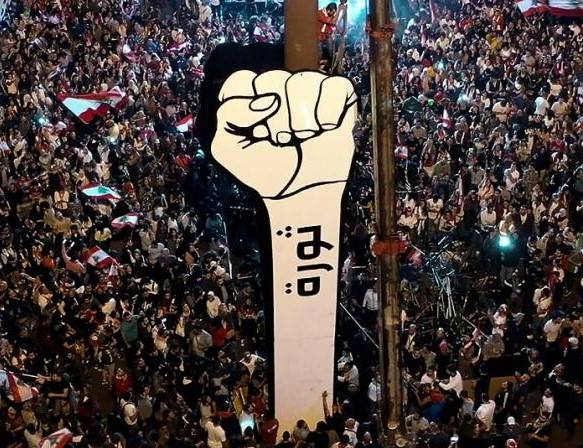
In this context, social media is playing a crucial role by creating an alternative space for people to engage in the protests, through acts like spreading slogans, photographs, and artworks, leading to a memorable virtual revolution supporting the demonstrations.
Protest art has played an important role throughout history. However, opinions remain divided on whether art is a catalyst for social change, as it is sometimes referred to as “media stunts”, aiming to get media attention rather than translating to action worthy of notice.
A recent study by Birmingham University focused on the 2015 Beirut trash protests' performative and emotive acts, such as hunger strikes, street art, slogans, cartoons, music, storming the environment ministry, and blogs. According to the research's interviews on the understanding of "social change”, there was a significant emphasis on social change as a process as opposed to outcome, and a holistic embodied lived experience of acting. The importance of changing attitudes and behaviors at the individual level was also highlighted while acknowledging the integrated nature of social change with changes at the macro-level, such as changes in the law and political changes.
The interviewees, which included activists, members of human rights NGOs, artists and members of trash movement protests, described the performative and emotive acts taking place during Beirut’s trash protests as a commitment to an ongoing process, rather than expecting an immediate “result”.
These performative and emotive acts make people inclusive, where they feel their voice and opinion matter regardless of the sectarianism and political barriers existing in a diversified country like Lebanon. They also create new knowledge, enable silenced voices to be heard and shed light on important topics and social injustices invisible to the corrupted government.

Each revolution has a unique impact and outcomes, although both the 2015 Beirut trash protest and the ongoing protest began as a reaction to particular events, be it the waste crisis or the planned taxes on online calls, tobacco, and gasoline. Both revolutions also express the people's hopelessness with political corruption, business interests and the cost of living. Besides, the performative acts and the artistic contributions that happened in both revolutions reflect a commitment to an ongoing process hoping for a better future, as opposed to expecting immediate results.
Where the arts thrive, freedom of expression thrives. The protest art we are witnessing is raising the voice of the marginalized and drawing attention to important issues long neglected by the Lebanese government. Regardless of the revolution's political and economic outcomes, the Lebanese people's solidarity and artistic contributions are new contributions to the artistic and revolutionary expression to the history of Lebanon.


 اشترِك في نشرتنا الإخبارية
اشترِك في نشرتنا الإخبارية





